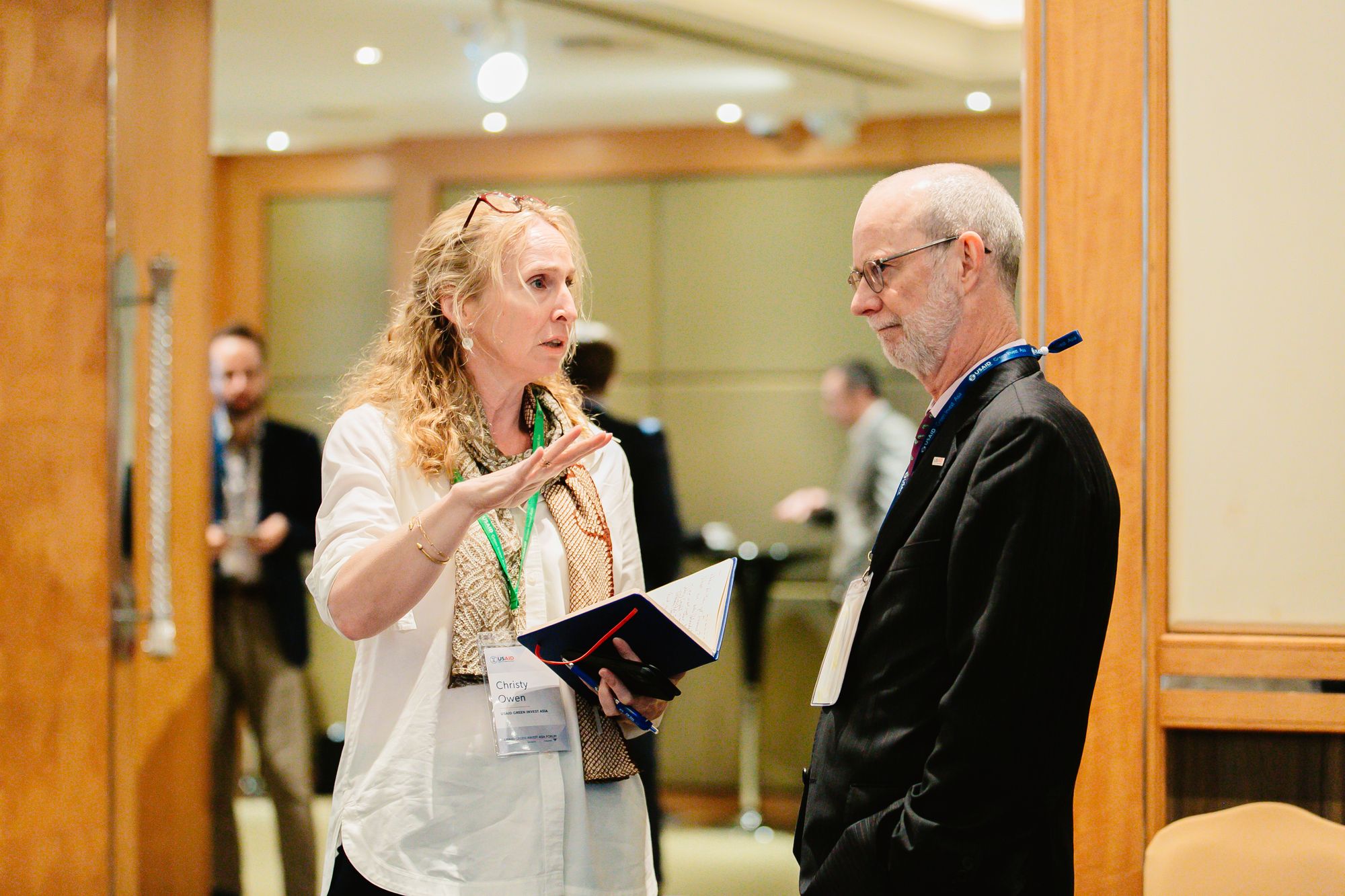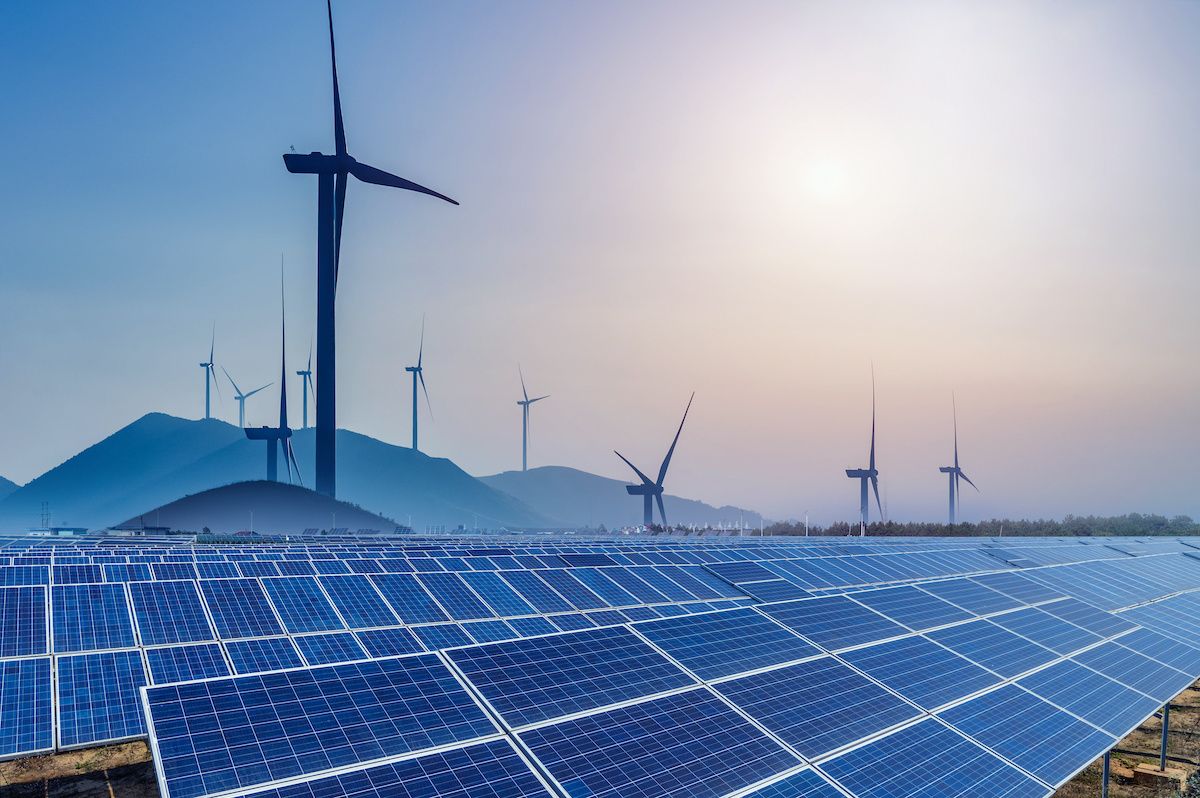
Marwan Kaiss has been the Mayor of Batloun, Lebanon, since 2016. Batloun is a small town in the Chouf district, which forms part of the Chouf Biosphere Reserve. Its natural beauty, proximity to the Reserve, and rich history make it a top spot for environmental and cultural tourism. Mayor Kaiss is driven to see Batloun become a “green town” and has been implementing its Climate Change Action Plan (SECAP). Key to this has been the town’s involvement in the Clima-Med project and his membership of the Covenant of Mayors Mediterranean. With the cooperation of citizens and the continued support of the international community, Mayor Kaiss intends Batloun to be on track to help reach the Southern Mediterranean’s 2030 emission reduction targets. We sat with Mayor Kaiss to find out more.
What was the situation in Batloun before you became involved in the Clima-Med project?
“When I took over responsibility for the Batloun Municipality Council in June 2016, there were no plans for development. So my colleagues and I set out a strategic plan for our six-year term, with the vision of turning Batloun into an eco-town role model.”
Why was it important for Batloun to be involved?
“Batloun is located in the Shouf Biosphere Reserve—the largest natural cedar reserve in Lebanon. For this reason, we and our neighboring towns already had a sustainable, eco-friendly vision for the future. The European Union-funded Clima-Med project came at an ideal time to provide support from the international and national development community to achieve our 2030 emissions target.”

Batloun, Lebanon. Photo: Clima-Med/Wadih Chehaibar.
What has changed for you, your team, and the city since you started working with Clima-Med?
“Working with Clima-Med showed us a way to achieve our vision, opening doors and guiding us toward international community support. This included joining the Covenant of Mayors Mediterranean (CoM-Med). * This partnership led to the provision of solar energy to Batloun’s three public buildings—the municipality building and two public schools—as a result of cooperation between Clima-Med and CEDRO V projects in Lebanon.”
Tell us about the challenges you are meeting and how you are overcoming them.
“The main challenge is financial. The Independent Municipalities Fund, which collects all municipal taxes raised by different government departments—public utilities, customs, and property taxes, for example—has failed for the last three years to meet its commitment to redistribute these funds for local development projects. We also face a lack of government support of any kind—there is no maintenance of public lights on main roads nor is there a continuous supply of electricity or drinking water; and work on the much-needed sewage system network still has not begun.
“Therefore, we have taken the initiative and in our efforts to deliver our Climate Change Action Plan, we are seeking alternative solutions. We started solid waste management three years ago, focusing on sorting refuse from the point of origin, and we are in the process of installing an organic waste products unit. We have received support for these through USAID’s Diverting Waste by Encouraging Reuse and Recycling (DAWERR) activity. However, we need to have clean, renewable energy to run the plant.”

Solid waste recycling, Lebanon. Photo: Arnaud de Boistesselin.
“We have a water pump that supplies drinking water from the Awali River to our main reservoir that runs on diesel generators, which we also need to shift to a clean/renewable energy power source.
“We have also coordinated with our local Agri-Union and rehabilitated the irrigation water canals to help prevent landslides and minimize water waste. Our future vision is to have a rainwater-harvesting tank to support a drip irrigation system.”
How is the energy situation in Batloun now, especially with the current Lebanese energy crisis?
“To be honest, it is very bad, with energy costs skyrocketing and far exceeding the monthly minimum wage. Prohibitive costs and regular power shortages are also having a very negative effect on the environment due to the high use of diesel for electricity generators that supply power to about 1,000 subscribers for 15 hours a day.
“With the support of the EU and Clima-Med, we are doing our best to shift to renewable energy sources. Solar power would be the solution but we can only make that switch (in the absence of government support and financial resources) with the support of the international community and with public-private partnerships.
“As for the people in Batloun, they are suffering. They have become more aware of the need to switch to clean/renewable sources—such as solar power—so that they do not have to depend on either the public or private electricity suppliers. They are keen to see their municipality make that transition. Currently, however, only a few families who can afford it have been able to switch to solar energy.”

Solar street lights, Lebanon. Photo: Arnaud de Boistesselin.
How will you continue in your journey to becoming a clean energy town?
“It is part of our strategic vision that Batloun becomes a ‘Green Town,’ so we are focusing on making that a reality.
“We are looking forward to strengthening our relationship with Clima-Med, gaining support and benefiting from funding opportunities for sustainable development projects that include a focus on clean and renewable energy. For example, with Clima-Med support, we responded to an EU funding opportunity—Climate for Cities (C4C)—to have Batloun’s electricity supply converted to solar power. If we are successful, we will be on the track toward meeting our strategic vision.
“We also have another important ambition, for which we need the support of the CoM-Med community. We would like to succeed in ‘twinning’ Batloun with a town in Europe, with a view to receiving support in the exchanging of talent, knowledge, and experience in clean energy and sustainable development.”
DAI implements the Clima-Med project.
* The Covenant of Mayors for the Mediterranean, (CoM Med), is an initiative funded by the European Union that brings together and supports Mediterranean local governments in their fight against climate change. It is a voluntary initiative that allows cities to define and meet ambitious and realistic targets set by themselves in line with the Global Covenant of Mayors for Climate and Energy requirements and their National Determined Contributions.




